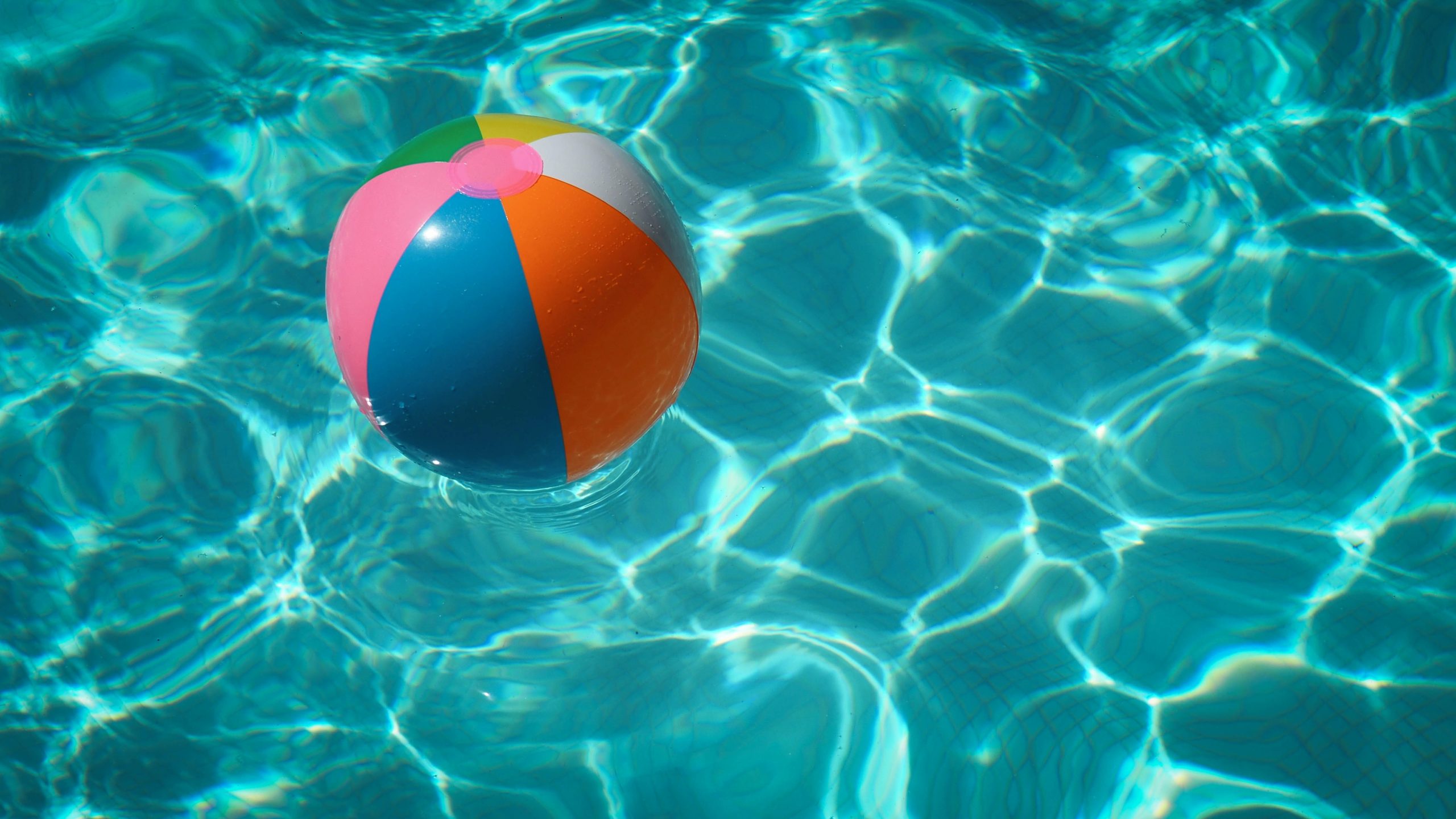Pools are a nice way to relax and cool down during the summer heat. Multiple pool types exist, all with different pros and cons. To reduce your harm to the environment and your wallet, consider which one is right for you.
Traditional Chlorine Pools
The most common pool is the chlorine pool, requiring multiple chemicals to be bought from the store and added to the pool. These pools require regular filter changes, frequent testing, and frequent chemical altering. Essentially, these pools tend to require a lot of work before and during each swimming season.
Saltwater Pools
A pool on the rise of popularity is the saltwater pool. Some common misconceptions are that these pools are like seawater and that they do not contain chlorine at all. Saltwater pools contain one-tenth the salinity of seawater, making them almost odorless and flavorless, and they do contain chlorine, but this is produced from the salt rather than added as a concentrated chemical.
Saltwater pools use a salt-chlorine generator to split salt into chlorine through electrolysis, which then helps maintain the pool. Therefore, the chlorine levels in these pools are much lower than traditional chlorine pools but are still significant amounts. Additionally, the chlorine levels in saltwater pools are generally more stable than traditional pools as the generator produces chlorine as needed, meaning less all-round maintenance.
There are many benefits to saltwater pools. As the chlorine levels are lower, the pool causes little to no harm to your body, meaning no skin or eye irritation. Additionally, since store-bought chlorine is not needed, there are significantly fewer additives in the water, making it a lot softer as well. The maintenance of these pools is less frequent than traditional chlorine pools, making them less stressful and time-consuming to have, and they do not require concentrated chemicals to be produced for your pool!
However, saltwater pools also have some disadvantages. The salt can corrode metal and cause damage to some other materials in your pool, so it is important to be specific about the materials used in your pool or to make adjustments accordingly to preserve your pool. Additionally, if anything goes wrong with the pool, it is more likely to require a technician to fix the issue than it would for a traditional pool, which may increase some maintenance costs which will be discussed later.
Considering the price of a saltwater pool, it does often require a higher initial investment, but the savings from maintenance and chemicals often results in payback within 2-3 years compared to a traditional chlorine pool.
Natural Pools
The last pool discussed here is the natural pool, cleaned by nature rather than chlorine. These pools use plants and the natural environment (sunlight) to maintain them. Often, the pool is divided into two parts, one being the actual swimming pool, and the other being the regenerative side, also known as the cleanser or filter. The regenerative section uses plants and a filter to clean the water. Pumps in both sections allow the water to flow, ensuring that it is cleaned and allowing the pool section to be used almost as a traditional pool.
Natural pools are very common in Europe and can be very similar to traditional pools, but with some tweaks. The water in the pool will be just as clean as in a traditional pool, but it may have a slightly different color as some sediment may be floating around in it. Other than that, the pool section may contain jets and other luxuries found in traditional pools.
The benefits of natural pools are many. These pools generally do not require any added chemicals and require almost no maintenance. Once they are set up, they more or less run themselves with the occasional cleaning. The water is soft and fresh, causing no agitation to your skin. The regenerative section of the pool doubles as a good, scenic water garden. And in case you were worried, insects are generally not attracted to the pool as the cleaning side is sectioned off, and, most importantly, the water is constantly moving which the insects (mostly mosquitos) do not like.
However, there are some disadvantages to natural pools as well. Upfront, they are more expensive to install and require experts in the field to make sure that the correct planning of the layout and plants is made. Additionally, these pools tend to require substantial amounts of space due to the regenerative section.
Considering the price of the pools, natural pools resemble saltwater pools in that they require a higher initial investment, but save money in the long run. The biggest difference is that natural pools tend to require even less maintenance, so the payback is generally large in the long run.
To sum up, each pool has its pros and cons, but looking at the long-term effects, saltwater pools and natural pools tend to have stronger benefits in both environmental impact, cost, and experience. However, it is important to note that pools generally use a lot of energy and water, which have strong effects on the environment. So keep in mind that natural pools use nature and their environment to be maintained, meaning a significantly smaller environmental impact and cost.
By Zein Tynon, Class of 2024
Photo by Raphaël Biscaldi on Unsplash
Sources
“How Much Does It Cost To Install Or Convert To A Salt Water Pool?”. (Unknow Publish Date). HomeAdvisor. https://www.homeadvisor.com/cost/swimming-pools-hot-tubs-and-saunas/salt-water-pool/
Keller, Hadly. “Should You Put a Natural Swimming Pool in Your Backyard?”. (2021). House Beautiful. https://www.housebeautiful.com/home-remodeling/a27358021/natural-swimming-pools-salt-water-pools/
Maurer, Debra. “How Does a Natural Swimming Pool Work?”. (Uknown Publish Date). Luxury Pools + Outdoor Living. https://luxurypools.com/pools-spas/how-does-natural-swimming-pool-work/
“The Pros and Cons of Salt Water Pools”. (2014). Pelican Water Blog. https://www.pelicanwater.com/blog/pros-cons-salt-water-pools/
Zile, Max V. “The Pros and Cons of Natural Swimming Pools”. (2021). The Spruce. https://www.thespruce.com/pros-and-cons-owning-natural-pool-2737100

